Mourning and panic among Armenian revanchists Facts vs. illusions
“Do we need ourselves?” — a question once posed by a character in the Strugatsky brothers’ novel Monday Begins on Saturday. A similar existential question now haunts many Armenian politicians of various stripes. And with good reason — especially in light of new developments, as legal professionals would say, in the ongoing investigation into former leaders of the Karabakh junta.
Almost every court session brings sensational revelations from the accused. For example, Davit Ishkhanyan, the so-called “parliament speaker” and holder of various other “positions” within the Karabakh junta, admitted that since the summer of 1992, he served as a “battalion commander” and participated in the war against Azerbaijan in Aghdara, Khojavand, Kalbajar, and Aghdam.
“There were eight battalions in Khojavand, and I was the commander of one of them. These eight battalions were subordinated to the district's so-called ‘defensive line’. The head was Monte Melkonian, while the ‘army’ commander was Samvel Babayan,” he stated. This became yet another loud confession from one of the accused former leaders of the Karabakh junta.
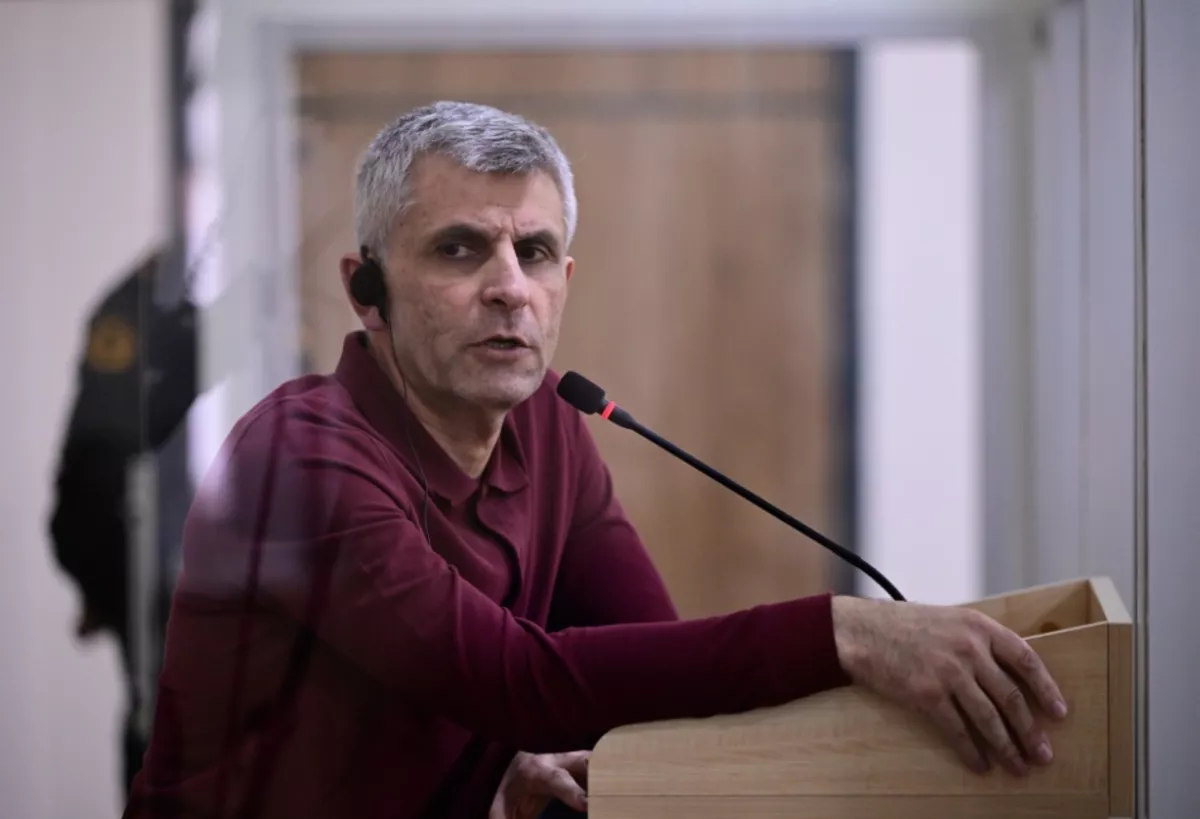
He openly admitted to breaking the law, confirming his participation in military operations against Azerbaijan side by side with international terrorist Monte Melkonian. Ishkhanyan also revealed that the so-called “army” of the Karabakh junta was directed by a “self-defence committee” led by Serzh Sargsyan and Samvel Babayan.
Earlier statements from other defendants likewise included a number of confessions confirming that both former and current Armenian leadership had provided political, financial, and military support to the Karabakh junta.
All these facts completely discredit the hysterical appeals of foreign advocates calling for the immediate release of the accused. Equally absurd are the demands to condemn Azerbaijan for merely holding a trial against individuals who are, in fact, confessing to their crimes. In any other country in the world, such actions would result in very long prison sentences.
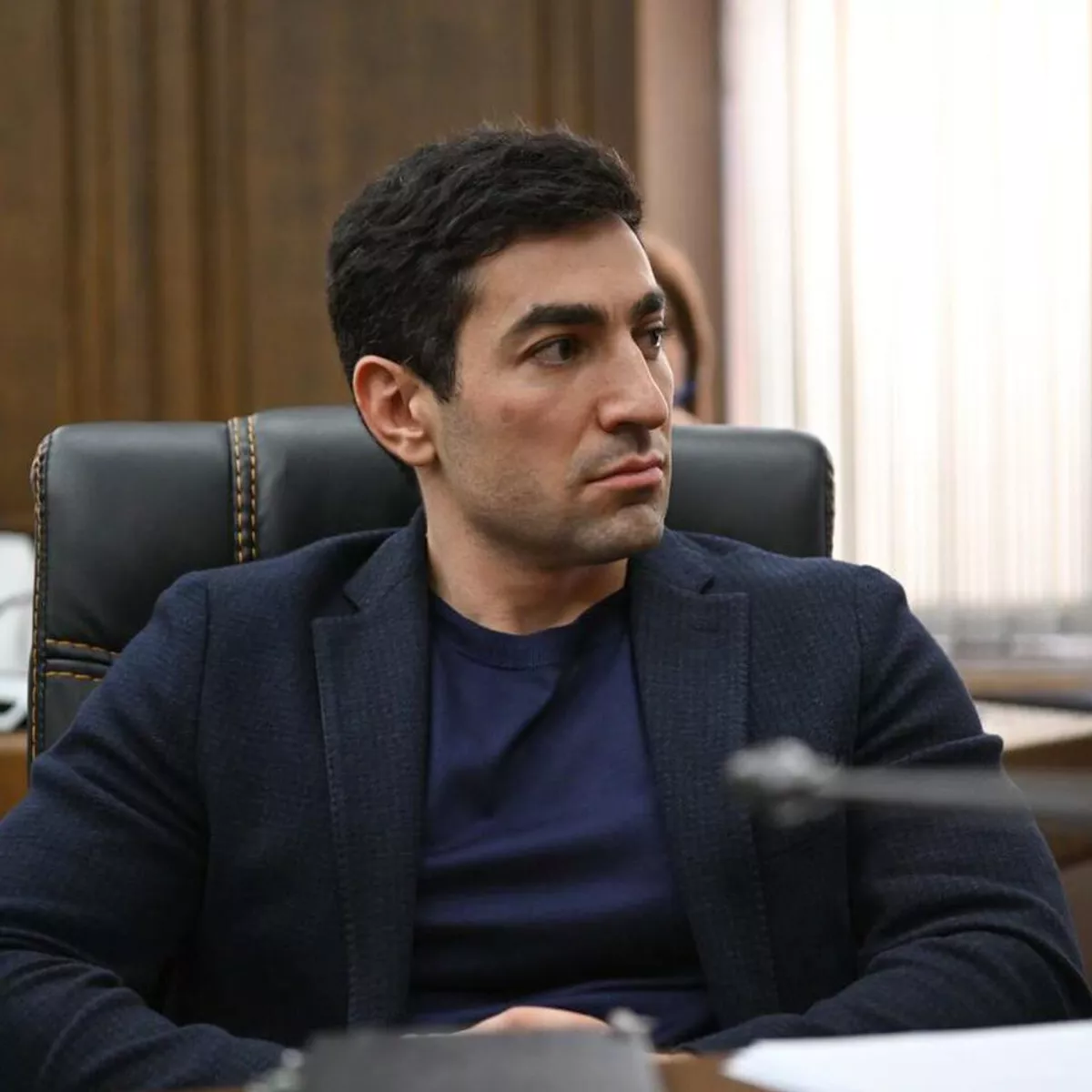
Meanwhile, news from Armenia is further worsening the situation for the "revanchists." Levon Kocharyan, a member of parliament from the “Armenia” faction and the son of former Karabakh junta leader and Armenia’s second president Robert Kocharyan, voiced outrage over a statement issued by Armenia’s Ministry of Foreign Affairs. The statement declared that “following the announcement of the decree on the dissolution of the so-called NKR, the issue of the rights of Armenians who had lived on the temporarily occupied territories of Azerbaijan is no longer on the negotiation agenda.”
“It’s hard to describe this reaction from the Foreign Ministry as anything but treacherous and anti-national,” Kocharyan wrote on his Telegram channel.
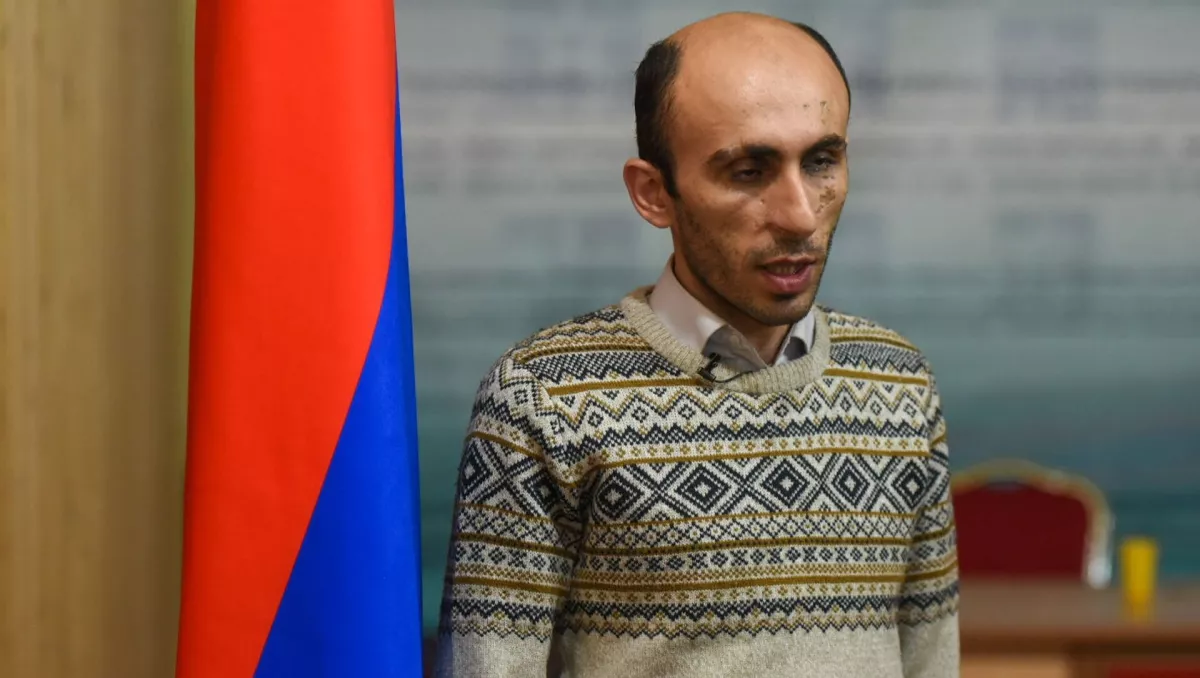
Artak Beglaryan—a man with a rather comical appearance who had risen to the rank of “state minister” within the Karabakh junta—also expressed discontent: “The Foreign Ministry is trying to blame everyone else and take no responsibility. No one can shut down the 'Artsakh' movement, not even Nikol Pashinyan. The primary beneficiary of the 'Artsakh' movement is the people of 'Artsakh' themselves.”
What movement? What so-called “people of Artsakh”? What “Artsakh”? None of that exists. What does exist are Armenian nationals who, for over thirty years, unlawfully resided on the temporarily occupied territories of Azerbaijan. What exists is the restored sovereignty and territorial integrity of Azerbaijan—following which the former leaders of the Karabakh junta, separatists who have admitted to participating in the war against Azerbaijan, were detained and brought to Baku.
And whether they like it or not, this is a reality the current Armenian leadership is compelled to acknowledge. This is the same leadership that once chanted “Karabakh is Armenia, period” but has since moved to recognise the territorial integrity of Azerbaijan in full.
The current actions of official Yerevan—including the Foreign Ministry’s statement that so angered the revanchists—are acts of necessity.
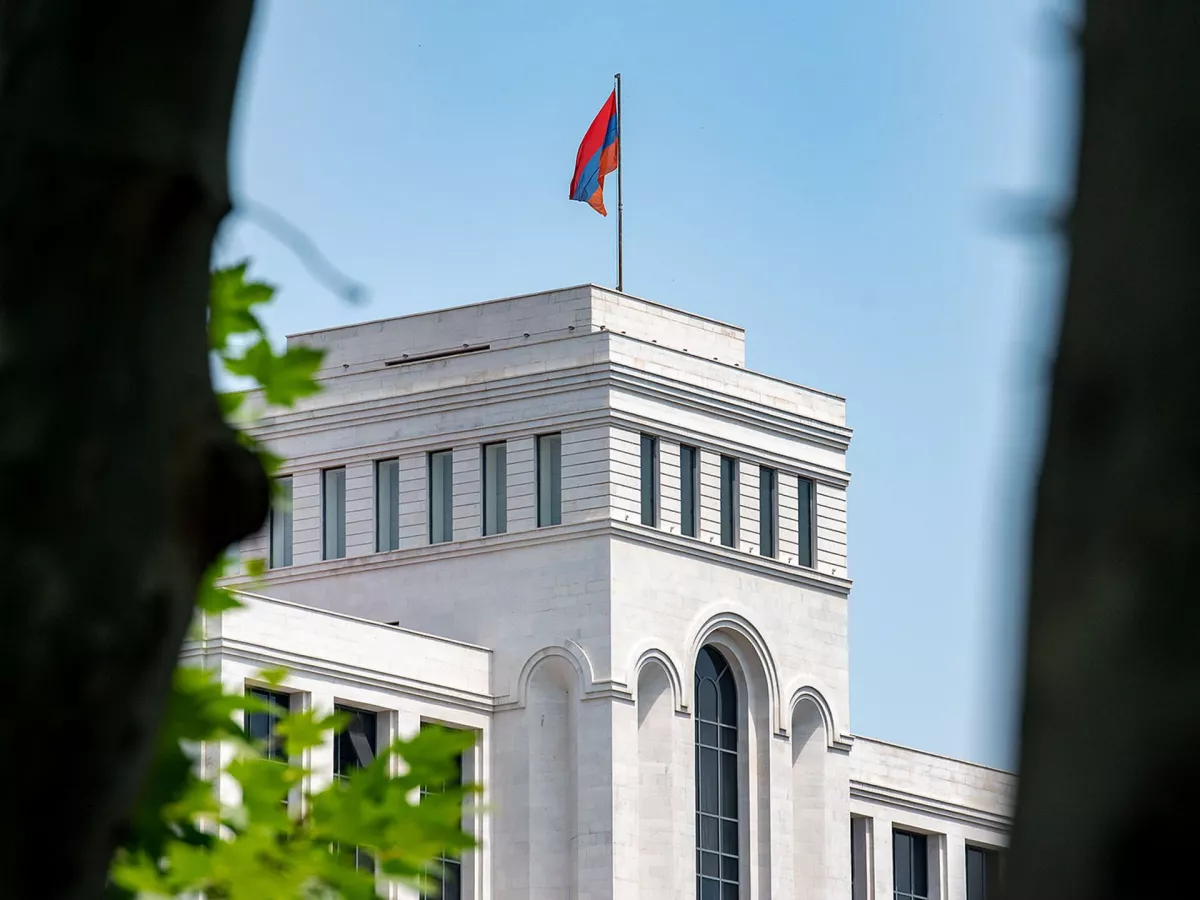
Moreover, an additional cause for the revanchists' dismay came with the closure of the websites of the so-called “government structures of Artsakh” — nankr.am, nkr.am, nkrgov.am, Milnkr.am, and others, which were shut down by Armenia’s National Security Service in February 2024, several months after Azerbaijan restored its sovereignty. It is only now that the revanchists have noticed this and begun to whine.
In essence, they are asking themselves—and the world—that very same question from the Strugatsky brothers’ novel: “Do we need ourselves?” More specifically, do all these gentlemen and ladies, who continue to exploit the Armenian-Azerbaijani conflict even after Azerbaijan restored its sovereignty and territorial integrity, still have a place in Armenia?
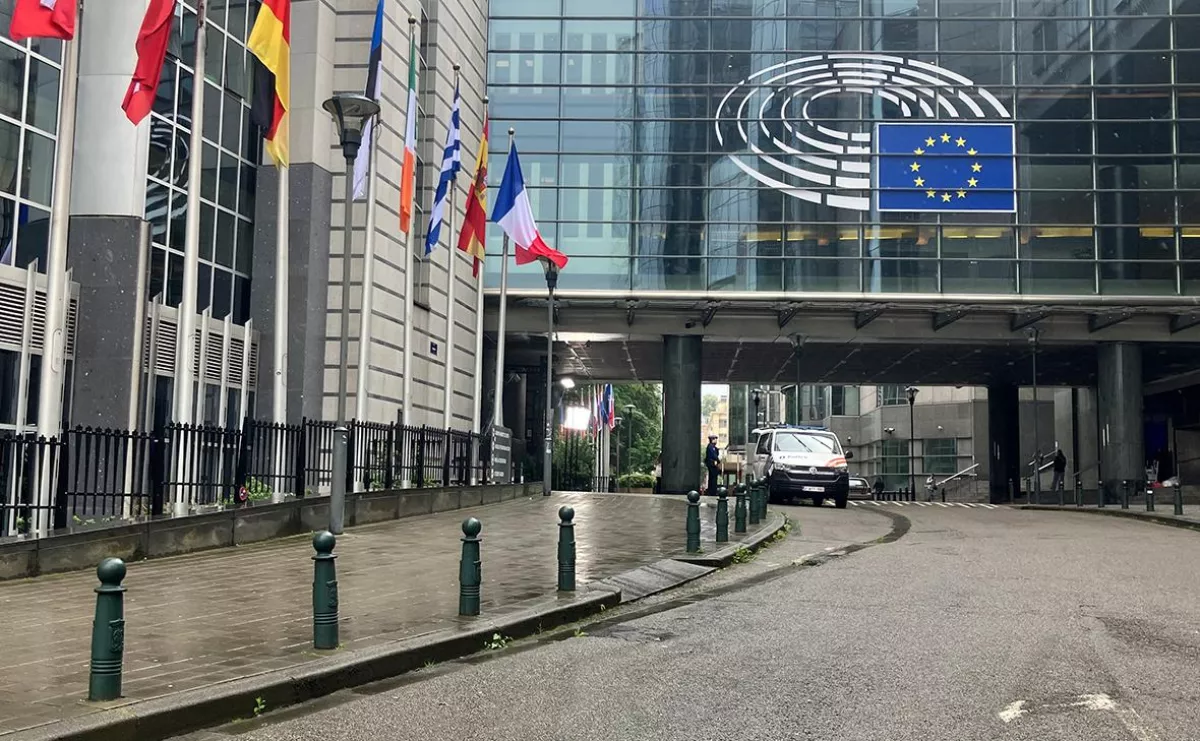
The European Parliament members, lawmakers from various national parliaments across Europe, journalists, and public figures who attempt to accuse Azerbaijan have also found themselves in a foolish position. They should direct their grievances toward the leadership of Armenia, which, albeit reluctantly, has recognised the legitimacy of Baku's actions both with regard to “Artsakh” and to the former leaders of the Karabakh junta.








